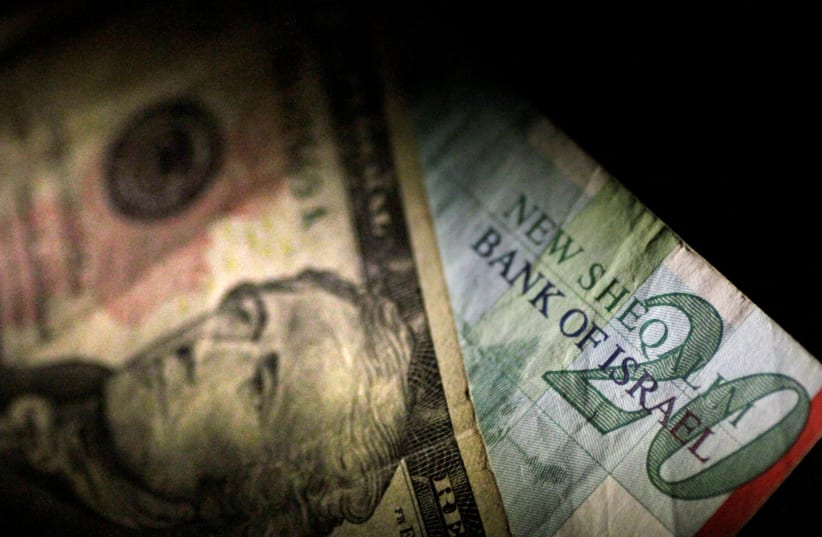In two weeks, I will celebrate 27 years in Israel. I came straight out of university with nothing, other than two suitcases and $1,000 in the bank. To give up the good life to “live the dream” is amazing and something that we all needed reminding of from time to time.
For both new olim and long-timers, (vatikim), we all came here to be part of the continued process of building the state. As former US president Herbert Hoover said in a message to the Zionist Organization of America on the anniversary of the Balfour Declaration, October 29, 1932, “I wish to express the hope that the ideal of the establishment of the national Jewish home in Palestine, as embodied in that declaration, will continue to prosper for the good of all the people inhabiting the Holy Land... I have watched with genuine admiration the steady and unmistakable progress made in the rehabilitation of Palestine which, desolate for centuries, is now renewing its youth and vitality through the enthusiasm, hard work and self-sacrifice of the Jewish pioneers who toil there in a spirit of peace and social justice.”
Burst the bubble
While we are all sharing part of something bigger than each individual, i.e., building the Jewish state, we also have to eat and pay the water bill. As I have written previously, along with a new culture and language comes a new financial reality. From my experience as a financial adviser, the one issue that gets lost in the immigration process is how to deal with finances. Getting acclimated to a new community, finding employment and helping children get settled in school are top priorities. That being said, working with immigrants regularly, I can give a tip, and that’s to not neglect your finances.
Here are a few ways to make your financial aliyah smoother:
• Crowdsourcing aliyah
Use the experiences of others to help make your aliyah easier and more efficient. Don’t try to reinvent the wheel. Speak to people who have already done it and tap into their experience. Use the myriad of online resources available, especially Facebook groups that have useful information about which healthcare provider to sign up with, financial benefits that you receive, and which bank you should open an account with. In most instances, your question will be quite common, so save time by piggybacking on the legwork done by others.
Speaking of opening a bank account, and this goes for everyone, not just olim, make sure that you sign the arichut yamim clause so that in the case of death of a spouse, the account doesn’t get frozen. I have met with too many widows and widowers who never knew about this and in their time of immense grief learned that they had virtually no access to their money until their estate went through the probate process.
• Living a dual-currency life
If you are still being paid in US dollars or plan to live off of your dollar-based investments, it’s imperative to have money in shekels to use as a hedge. Shekel strengthening can adversely impact your revenue stream and even put your aliyah in jeopardy. We are in one of those periods right now, as the shekel has been one of the world’s strongest currencies of late. Because you are now living in Israel, you need to preserve the purchasing power of your money in shekel terms.
• Investment accounts
If you have brokerage accounts in the US, make sure that the firm you have been working with will still service your account in Israel. This has become a huge issue as many people have received letters that say that they are no longer welcome to do business due to their foreign (non-US) address.
Don’t neglect IRAs (Individual Retirement Accounts) or 401k plans. Don’t think that since this money is for retirement there is no sense in worrying about the money now. Too often I have met with individuals who did just that and then as retirement approaches and they start planning they notice that the account value is the same as when they made aliyah. Ignoring investments can be costly.
Welcome to Israel!
This article reflects the author’s opinion and not necessarily that of Portfolio Resources Group, Inc. or its affiliates. The writer is a licensed financial professional in the US and Israel and author of Retirement GPS: How to Navigate Your Way to a Secure Financial Future with Global Investing (McGraw-Hill). Securities are offered through Portfolio Resources Group, Inc. (prginc.net). Member FINRA, SIPC, MSRB, FSI. For more information, call 02-624-0995, aaronkatsman.com or email aaron@lighthousecapital.co.il.
